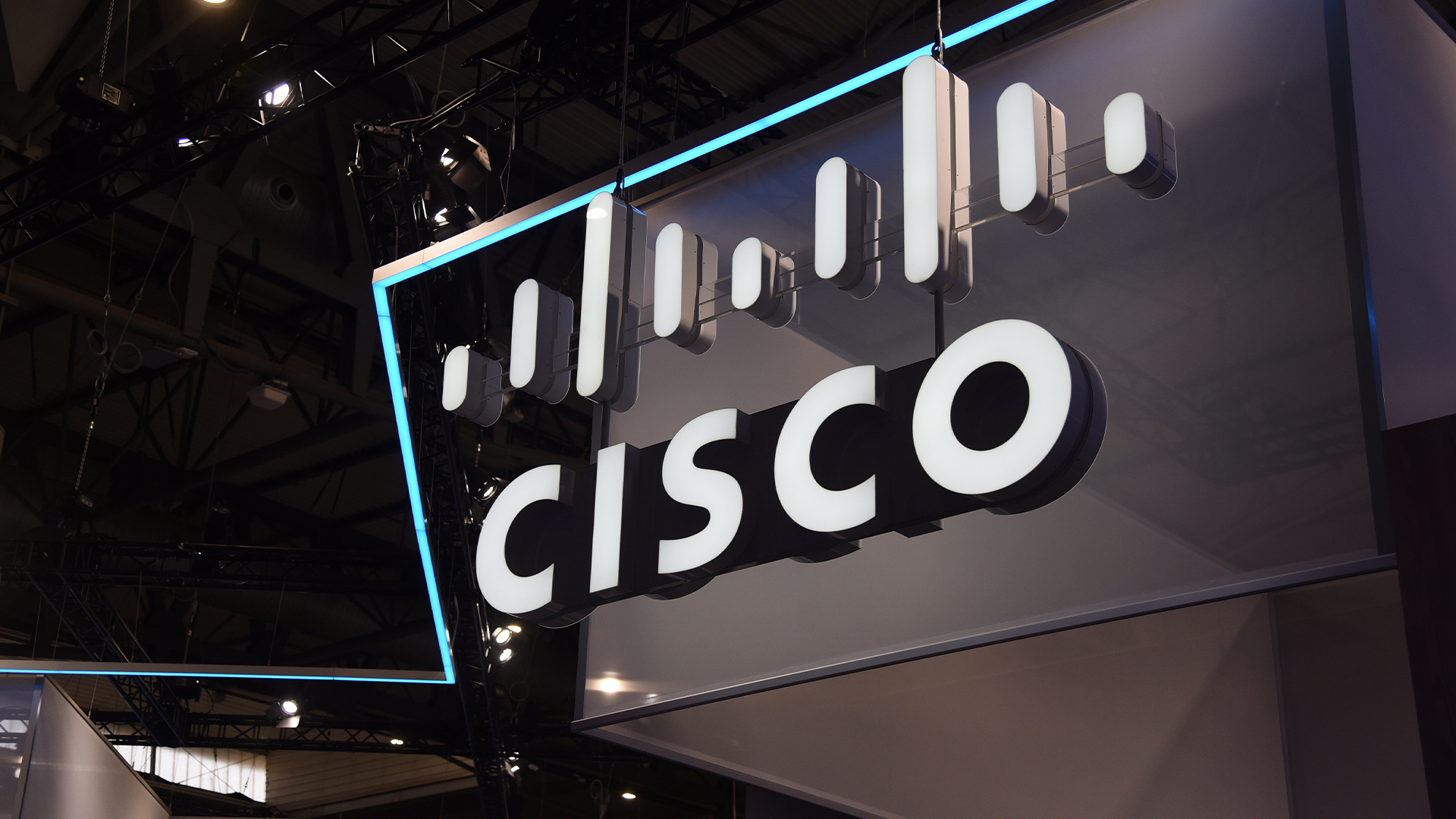Questions raised over AI’s impact as studies tout conflicting adoption outcomes
Two reports highlight the difficulty of judging the impact of AI on jobs, productivity, and wages


How much value does generative AI bring to the workplace? It depends who you ask.
A report by the Danish National Bureau of Economic Research suggests very little impact at all – but a separate study by PwC noted AI adoption leads to a fourfold increase in productivity growth and 56% higher wages.
The conflicting reports highlight how difficult it is to actually quantify the impact of AI on productivity, therefore making it equally challenging to unpick return on investment for an expensive technology.
The Danish report looked at 25,000 workers across 11 job roles that are exposed to AI, finding average time savings of 3% of work hours with little or no impact on wages.
The researchers, Anders Humlum and Emilie Vestergaard, said in the introduction to the report: "AI chatbots have had no significant impact on earnings or recorded hours in any occupation."
They added that the results are contrary to the hype around the technology, despite major industry players having framed AI tools as a key productivity driver for workers.
"Overall, our findings challenge narratives of imminent labor market transformations due to Generative AI. While adoption has been rapid, with firms now heavily invested in unlocking the technological potential, the economic impacts remain small."
Get the ITPro daily newsletter
Sign up today and you will receive a free copy of our Future Focus 2025 report - the leading guidance on AI, cybersecurity and other IT challenges as per 700+ senior executives
PwC finds deeper value in AI
However, consultancy PwC sticks to the existing narrative on productivity gains, with its own study noting that AI-skilled workers saw a 56% wage premium in 2024, more than double the 25% in the previous year.
Now, that's measuring a slightly different thing: the Danish study is considering how the use of AI by office workers impacts their productivity and their pay, while the PwC report reveals that those with skills in this booming technology are getting paid more – which perhaps isn't a big surprise, as they'll be in demand.
But PwC also claims that industries exposed to AI saw 27% growth in revenue per employee versus those sectors that are least exposed, which saw just 9%.
The technology is also contributing to job growth, with role availability up 38% in roles exposed to AI – though the consultancy admitted that's below the growth rate of less exposed occupations.
"In contrast to worries that AI could cause sharp reductions in the number of jobs available– this year's findings show jobs are growing in virtually every type of AI-exposed occupation, including highly automatable ones," said Joe Atkinson, Global Chief AI Officer, PwC.
Support pays off
Beyond the productivity figures, the Danish report revealed that employers are heavily invested in AI, with most encouraging the use of AI chatbots, 38% deploying in-house models, and 30% offering training to staff.
When companies actively encourage the use of AI, it not only doubles the rate of uptake from 47% to 83%, but also shrinks the gender gap from 12% to 5%.
Similarly, the researchers found the benefits from AI chatbots — including time savings but also creativity, task expansion, and job satisfaction — are 10% to 40% greater when managers actively encourage and support their use.
"The relative importance of employer encouragement becomes even more pronounced for more intensive usage." In other words, the more AI is used, the more support is needed.
MORE FROM ITPRO
Freelance journalist Nicole Kobie first started writing for ITPro in 2007, with bylines in New Scientist, Wired, PC Pro and many more.
Nicole the author of a book about the history of technology, The Long History of the Future.
-
 Sick and tired of spreadsheets? Perplexity’s new tools can help with that
Sick and tired of spreadsheets? Perplexity’s new tools can help with thatNews Perplexity Labs is available now for Pro subscription users
-
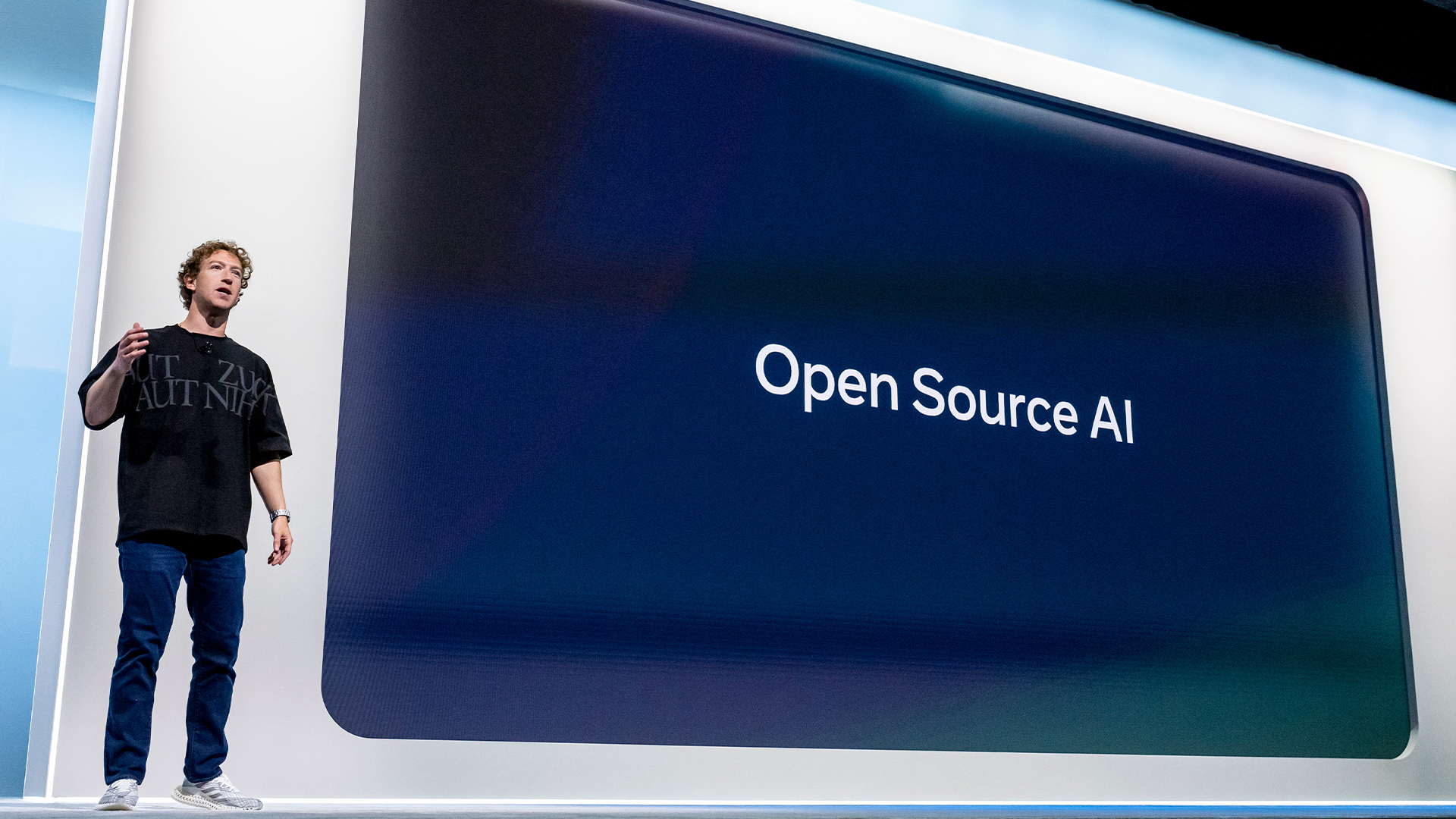 Meta faces new ‘open washing’ accusations with AI whitepaper
Meta faces new ‘open washing’ accusations with AI whitepaperNews The tech giant has faced repeated criticism for describing its Llama AI model family as "open source".
-
 Agentic AI is coming for customer service jobs
Agentic AI is coming for customer service jobsNews A report from Cisco shows the agentic AI shift is coming “faster than anyone anticipated”
-
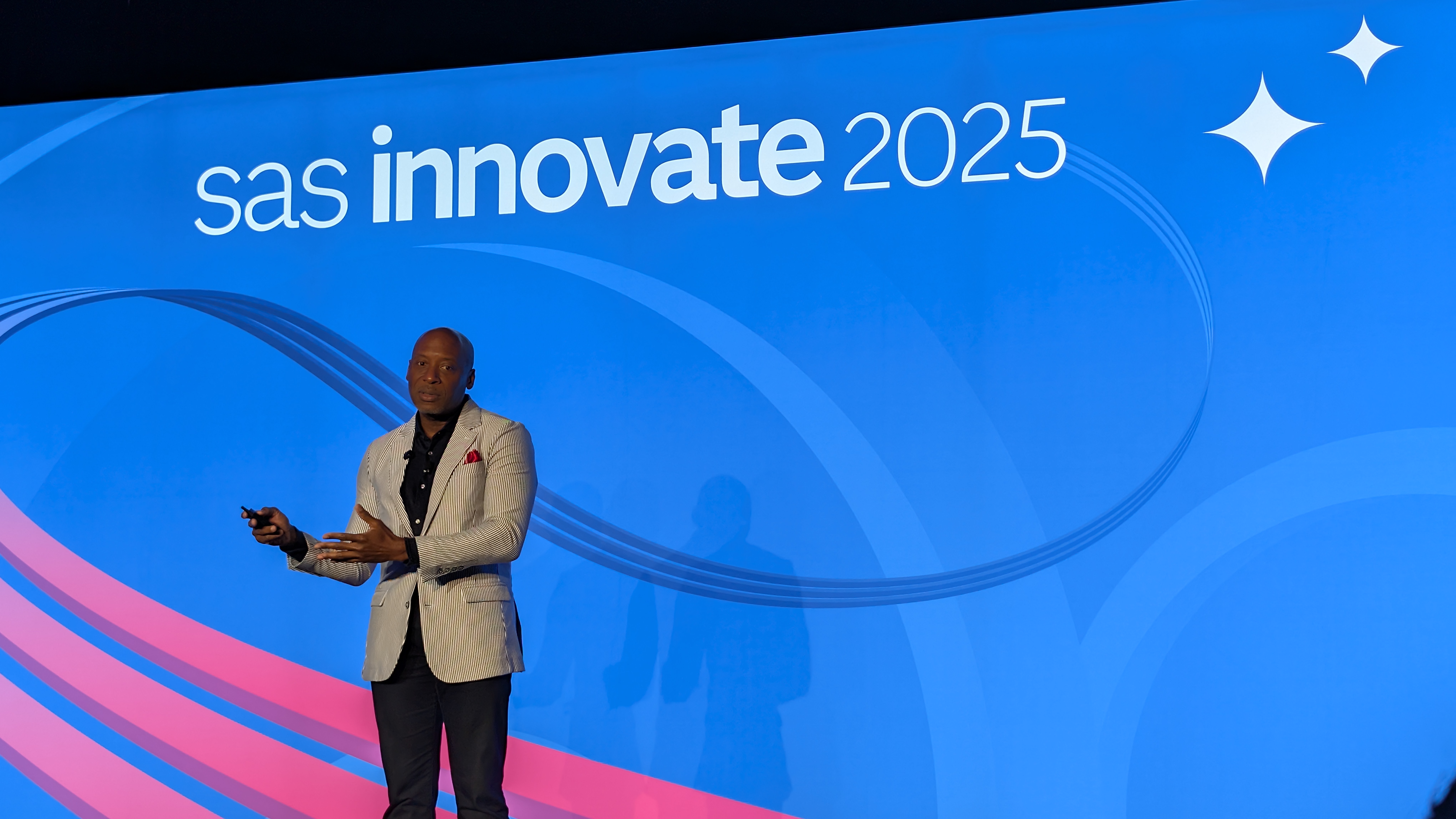 “Public trust has become the new currency for AI innovation”: Why SAS is ringing the alarm bell on AI governance for enterprises
“Public trust has become the new currency for AI innovation”: Why SAS is ringing the alarm bell on AI governance for enterprisesNews Demonstrating responsible stewardship of AI could be the key differentiator for success with the technology, rather than simply speed of adoption
-
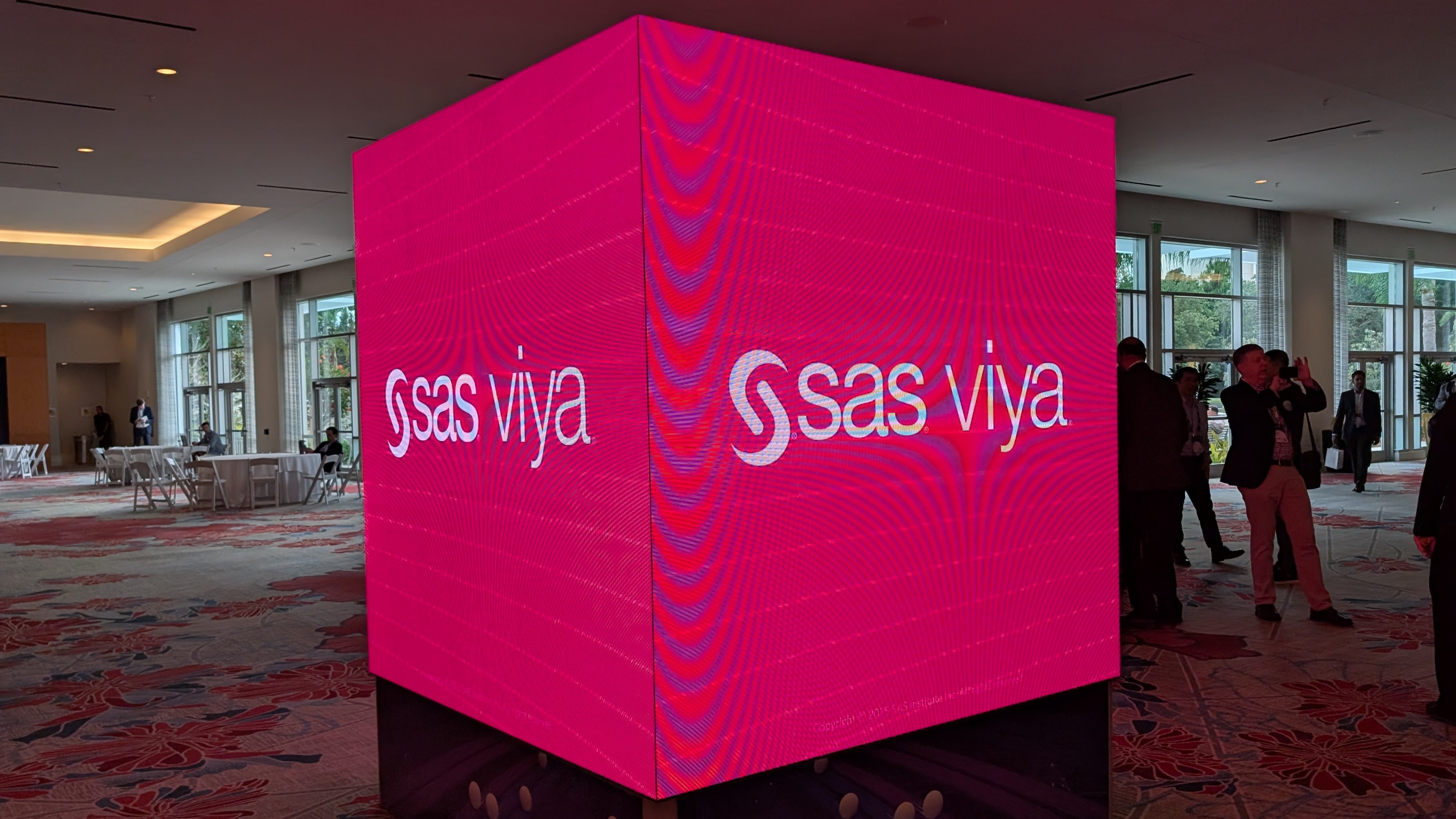 SAS wants its AI agents to supercharge workers, not replace them
SAS wants its AI agents to supercharge workers, not replace themSAS has announced a new agentic AI service aimed at helping enterprises deploy agents alongside domain-specific AI models.
-
 Microsoft says workers should believe the hype with AI tools: Researchers found Copilot users saved three hours per week sifting through emails, gained more focus time, and completed collaborative tasks 20% faster
Microsoft says workers should believe the hype with AI tools: Researchers found Copilot users saved three hours per week sifting through emails, gained more focus time, and completed collaborative tasks 20% fasterNews Using AI tools paid dividends for some workers, but alternative research shows it could create problems for others down the line.
-
 AI-first partnerships: Unlocking scalable growth for business
AI-first partnerships: Unlocking scalable growth for businessIndustry Insights Channel partners play a vital role in facilitating AI adoption, but there's more to offering support than simple integration
-
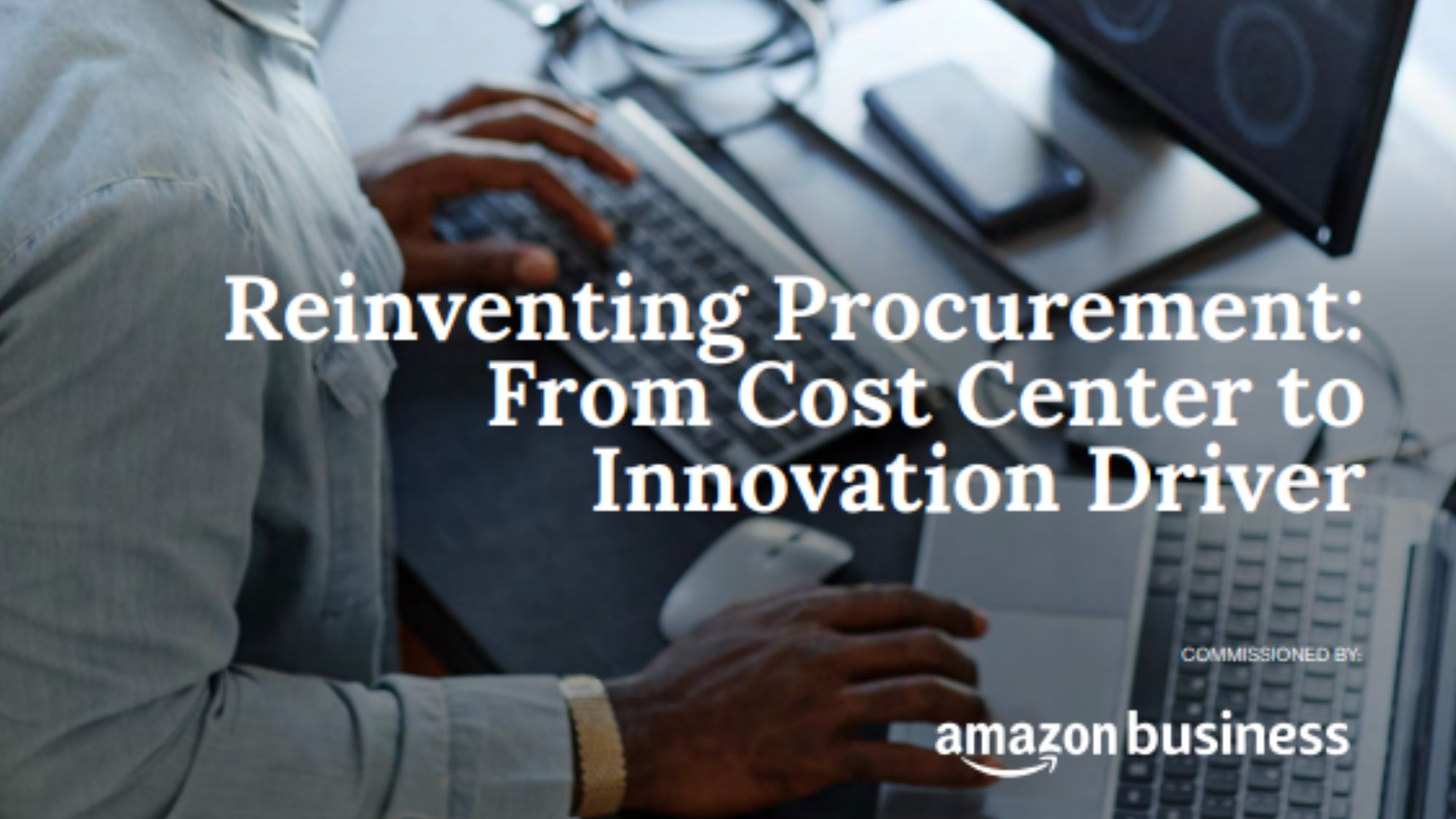 Reinventing Procurement: From Cost Center to Innovation Driver
Reinventing Procurement: From Cost Center to Innovation Driverwhitepaper
